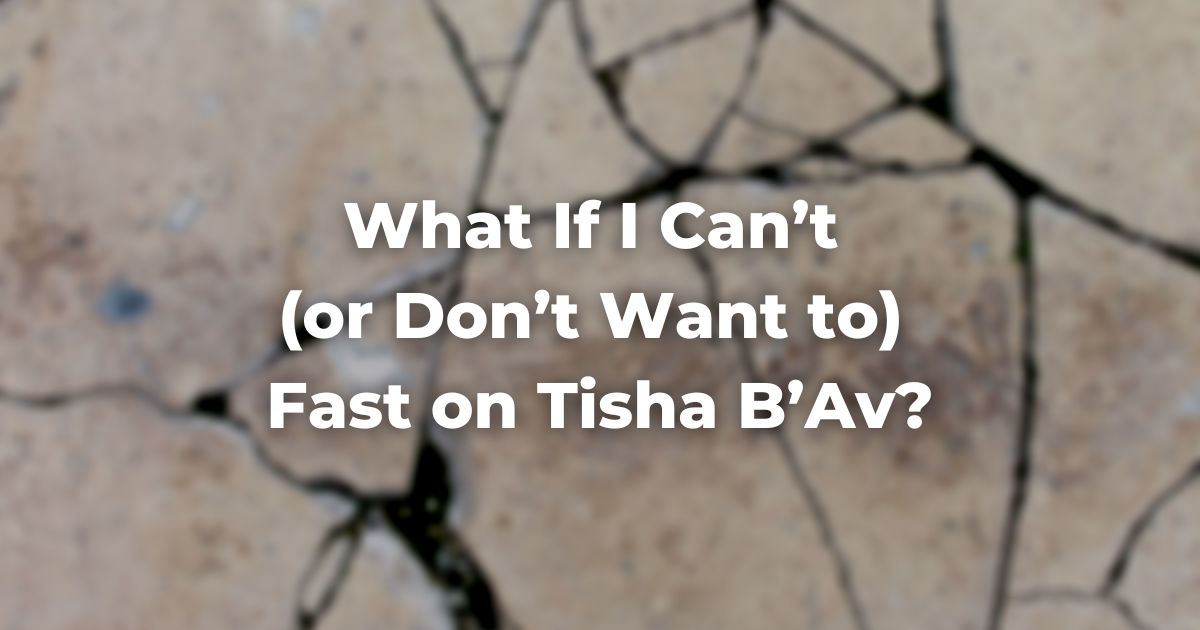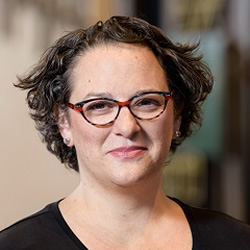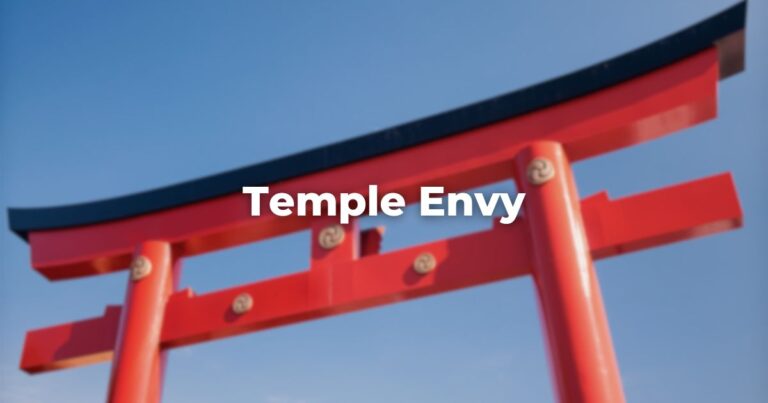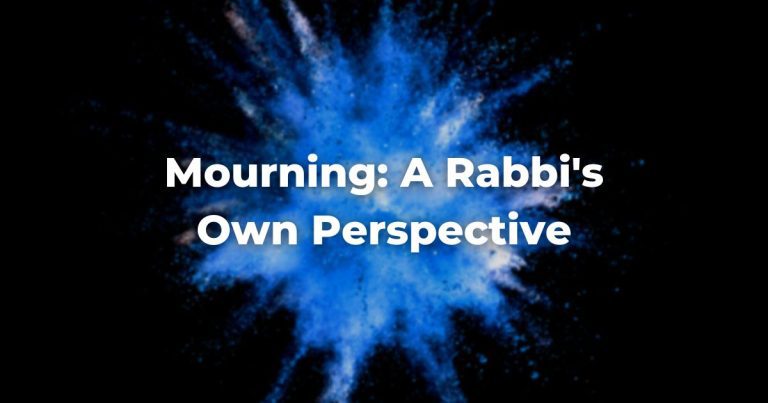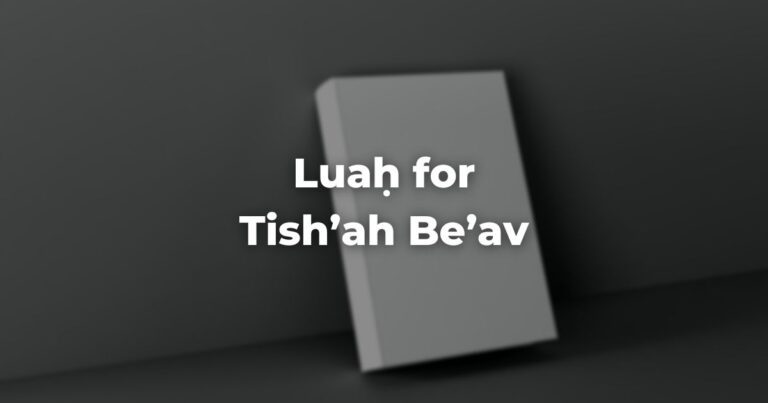To be totally honest, I haven’t fasted on Tisha B’Av in over 13 years. I know that number is accurate because the last time I fasted was before my kids were born. My oldest child, having just turned 13 and becoming bar mitzvah in a few weeks, is fasting this year for the first time as an officially obligated Jewish adult (he fasted last Tisha B’Av at Camp Ramah too but he knew he could break the fast at any time).
I often feel embarrassed to admit that I don’t fast, but I don’t want to hold shame or secrecy any longer.
Jews fast to acknowledge and feel our sadness, and to mark the day as one where bodily needs are not as important as spiritual grief or historical tragedies. But like me, you might not want to, or be able to, withhold from eating and drinking for an entire day.
You might not be able to fast because you have health challenges. Or you might have a complicated relationship with food, such that withholding for 25 hours throws your body off. Perhaps you live in a part of the world where it’s so hot that not eating or drinking is just not possible. Or, for those of us blessed with children, who find ourselves experiencing Tisha B’Av while parenting on a long summer Sunday, it’s just not possible.
But that does not mean that Tisha B’Av needs to be just another day. In fact, here are my 9 ways to make the 9th day of Av meaningful that do not involve fasting:
1. Watch a sad (Jewish) movie.
My favorite is the VERY old “Cast a Giant Shadow” which is the true-life story of the American soldier David “Mickey” Marcus (played by Kirk Douglas). It will help you get into the mood of the day and you might learn something about our collective history!
2. Read – or even better, hear – Megilat Eikha.
Known in English as Lamentations, Eikha is a short, 5 chapter collection of mournful poetry. You have to read it to really feel it, but hearing it, in its sad melody, is incredibly powerful. Most synagogues will read Eikha as Tisha B’Av begins on Saturday night (and some read it again in the morning).
3. Do a meaningful mitzvah.
Visit your local nursing home if people are allowed in, or clean up your local park. My synagogue is hosting a blood drive, which at first I thought was a mistake if people are fasting, but now I see it as a beautifully inclusive opportunity for those who are not fasting!
4. Reconnect with an old friend.
Our rabbis teach that the Temple was destroyed because of senseless hatred. Sometimes our relationships face the same threats. Pick up the phone and reach out to someone you should have called a long time ago.
5. Purge your closets and donate the items.
If it’s not bringing you joy…well, it’s the perfect day for that! Bonus if you have a refugee family in your community that you can support with your gifts.
6. Listen to Eli Tziyyon.
The powerful piyyut (liturgical poem) called Eli Tziyyon is recited by some Jews on Tisha B’Av. The tune is haunting and the words are so powerful. Sit with the sadness of the poet: the pain of a young widow, the pain of a woman in labor, and the destruction of Jerusalem.
7. After you sit with the sadness from #6, do something about it.
At a time where our freedoms are being challenged, where women need to cross state lines for necessary abortions, let the sadness and anger of Eli Tziyyon inspire you to act. From giving money to writing letters, make this a day where despair leads to action.
8. Talk more, smile less (to play on the words of Lin-Manuel Miranda).
This isn’t a happy day for the Jewish people. Share stories of other sad times in your life, in your Jewish experiences, and in our communal lives. Journal or paint or take a walk in nature.
9. Take care of yourself.
Your bodily needs are as important as your spiritual, emotional, and mental needs. This is not a day to deny yourself sustenance in order to lose weight or to go along with a communal norm. This is a day to take stock of what’s really important to you and how you connect with our traditions and history. I know that’s what I’ll be doing.
However you choose to mark this day, I wish you a meaningful and healthy Tisha B’Av. May we have more reasons to celebrate in the future!
Author
-

Rabbi Ilana Garber graduated from the Double Degree program of List College (TalmudReferring to one of two collections, the Jerusalem and Babylonian Talmuds, edited in the 6th century, that contains hundreds of years of commentary, discussion, and exploration of the ideas in the Mishnah. One could describe it as Mishnah + Gemara = Talmud Read more) and Barnard College (Religion) in 2000, and received her MA from the Wm. Davidson Graduate School of Jewish Education in 2003. She was ordained by the Jewish Theological Seminary in 2005, and immediately became an active volunteer in our RA (co-chair of Women’s Committee, served on Nominations Committee, Convention Committee, Zera’im: Seeds of our Future) while serving as Rabbi and Rabbinic Director of Lifelong Learning & Community Engagement at Beth El Temple (West Hartford, CT) from 2005-2020. A visionary Jewish educator, she created SULAM (Seek, Understand, Learn, Act, Marvel) in a complete overhaul of Beth El Temple’s religious school. Passionate about the mikveh, she wrote the curriculum to train mikveh guides for Boston’s Mayyim Hayyim: Living Waters Community Mikveh. Currently, she serves on the boards of Greater Hartford’s Mikveh Bess Israel and the Hartford Region’s Leukemia & Lymphoma Society.
View all posts

